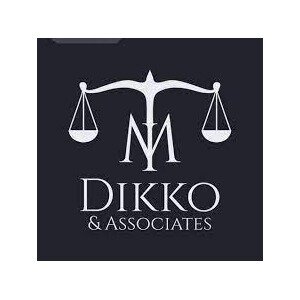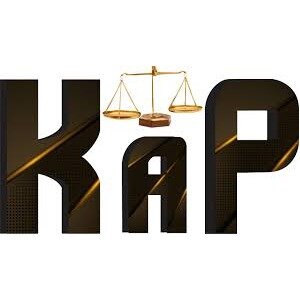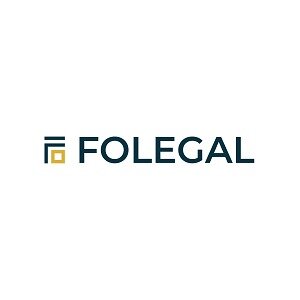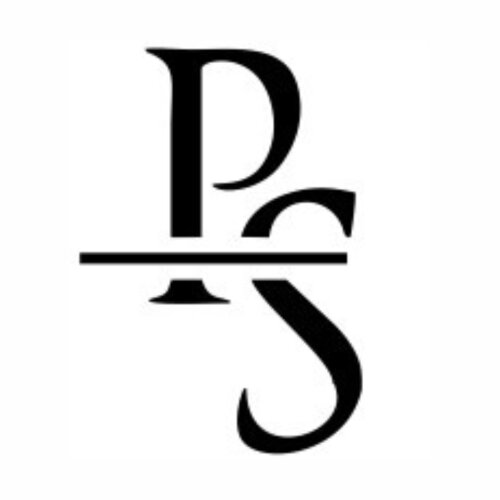Best Disability Lawyers in Nigeria
Share your needs with us, get contacted by law firms.
Free. Takes 2 min.
Or refine your search by selecting a city:
List of the best lawyers in Nigeria
About Disability Law in Nigeria
Disability law in Nigeria is centered around promoting the rights and welfare of individuals with disabilities to ensure their full integration and protection within society. Despite challenges in full implementation, the National Disability Act of 2018 marks significant progress, offering legal recognition and protection to about 19 million Nigerians living with disabilities. This act makes discrimination against persons with disabilities unlawful and provides provisions to guarantee accessibility, health care, education, and equal opportunities.
Why You May Need a Lawyer
In Nigeria, several situations can arise where legal expertise is beneficial for those with disabilities. These may include:
- Discrimination cases where individuals face unfair treatment in employment, education, housing, or healthcare.
- Access to public services and facilities which fail to accommodate persons with disabilities.
- Employment disputes regarding unfair dismissals or failure to provide reasonable accommodations.
- Issues involving social welfare and benefits that are not adequately provided or are denied.
- Legal documentation needs, including wills and guardianships that accommodate the needs of persons with disabilities.
Local Laws Overview
The Nigerian legislative framework for disability rights is anchored primarily on the Discrimination Against Persons with Disabilities (Prohibition) Act, 2018. Key aspects include:
- Prohibition of discrimination in public and private spaces.
- Mandatory provision of accessibility features in public buildings such as ramps and elevators.
- Equal rights to education and employment opportunities.
- Entitlement to transportation systems that accommodate disabilities.
- Healthcare services are required to adjust facilities to be inclusive of persons with disabilities.
Frequently Asked Questions
What rights do I have under the Disability Law in Nigeria?
You have the right to non-discrimination, accessibility, equal opportunities in employment and education, and access to healthcare services.
Is discrimination against individuals with disabilities illegal in Nigeria?
Yes, the Discrimination Against Persons with Disabilities (Prohibition) Act, 2018, makes discrimination illegal and punishable by law.
How does the Nigerian government ensure accessibility in public spaces?
The law mandates all public buildings and transport systems to be accessible, requiring ramps, elevators, and other facilities within a specified compliance period.
What should I do if I experience discrimination at work due to my disability?
You can file a complaint with your employer, seek mediation or legal assistance to take further action and protect your rights under the 2018 Disabilities Act.
Are there educational provisions for children with disabilities?
Yes, the law mandates that children with disabilities have equal access to free, quality education and appropriate accommodations where necessary.
How does the law support employment for persons with disabilities?
The act mandates that employers must not discriminate against persons with disabilities and should provide reasonable accommodations in the workplace.
What is the role of the National Commission for Persons with Disabilities?
The Commission is responsible for ensuring compliance with disability rights laws, promoting awareness, and supporting policy development.
Can I receive any financial benefits as a person with disabilities?
The law provides for social welfare schemes, but you may need to check specific eligibility criteria and application processes with local agencies.
What can I do if a service provider refuses to accommodate my disability needs?
You can report such violations to the National Commission for Persons with Disabilities or seek legal recourse to enforce your rights.
How soon should I expect public facilities to be fully accessible?
The act provides a transitional period, generally ten years from the enactment date, during which public buildings must comply with accessibility standards.
Additional Resources
Consider reaching out to the following organizations for further support and information:
- National Commission for Persons with Disabilities
- Joint National Association of Persons with Disabilities (JONAPWD)
- Nigeria Disability Rights Fund (NDRF)
- Office of the Public Defender (OPD)
- Civil Society Organizations advocating for disability rights
Next Steps
If you or someone you know requires legal assistance related to disability issues in Nigeria, consider the following steps:
- Consult with a lawyer specializing in disability law to understand your rights and the merits of your case.
- Gather documentation and evidence related to your case to provide to your legal advisor.
- Contact disability support organizations for guidance and potential advocacy support.
- Familiarize yourself with your rights and the provisions under the National Disability Act of 2018.
- Engage with local communities or online forums for shared experiences and advice.
Lawzana helps you find the best lawyers and law firms in Nigeria through a curated and pre-screened list of qualified legal professionals. Our platform offers rankings and detailed profiles of attorneys and law firms, allowing you to compare based on practice areas, including Disability, experience, and client feedback.
Each profile includes a description of the firm's areas of practice, client reviews, team members and partners, year of establishment, spoken languages, office locations, contact information, social media presence, and any published articles or resources. Most firms on our platform speak English and are experienced in both local and international legal matters.
Get a quote from top-rated law firms in Nigeria — quickly, securely, and without unnecessary hassle.
Disclaimer:
The information provided on this page is for general informational purposes only and does not constitute legal advice. While we strive to ensure the accuracy and relevance of the content, legal information may change over time, and interpretations of the law can vary. You should always consult with a qualified legal professional for advice specific to your situation.
We disclaim all liability for actions taken or not taken based on the content of this page. If you believe any information is incorrect or outdated, please contact us, and we will review and update it where appropriate.
Browse disability law firms by city in Nigeria
Refine your search by selecting a city.















